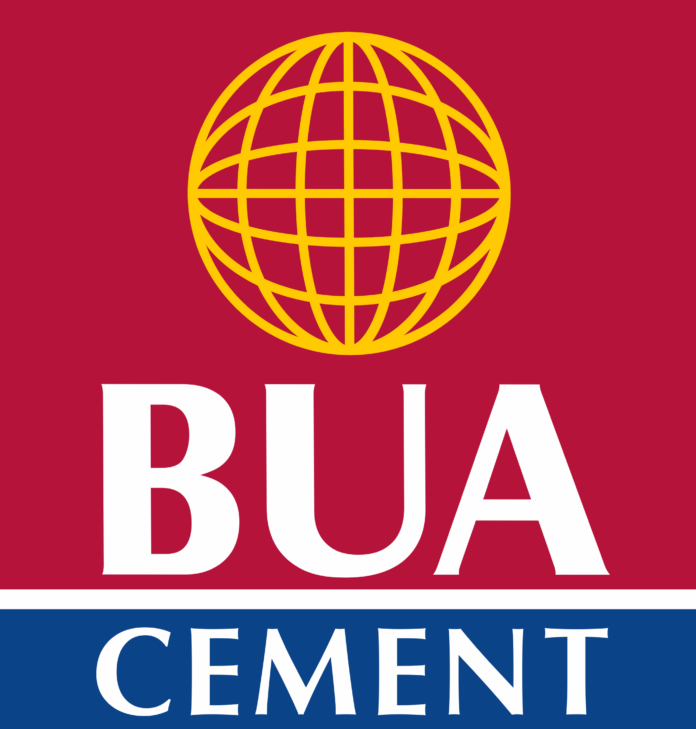BUA Cement to Increase Production Capacity to 20 Million Tonnes Per Annum
CHIGOZIE AMADI
Managing Director/Chief Executive, BUA Cement, Mr. Yusuf Binji, said the company has signed an agreement to expand its production line in Sokoto, to boost its installed capacity to 20 million tonnes per annum.
He said the company had moved from a two per cent market share to over 30 per cent within the last eight years.
Speaking at the 12th anniversary of business partnership between BUA Group and CBMI Construction Company Limited, over the weekend in Abuja, Binji said the company’s aspiration was to become the country’s foremost cement producer, “making cement affordable and available nationwide”.
He noted that from a humble beginning in the industry with about 500,000 tons, the company has currently increased its capacity to over 17 million tons per annum.
He said, “We’ve built a strong brand, producing two cement brands: Bua Cement and Sokoto cement.
“Our cement product is widely recognized as the best in Nigeria, and we hope to receive endorsement from engineers present here today.
“We’ve executed several projects with CBMI and continue this partnership, extending into operation and maintenance and mining.
The MD said, “The journey hasn’t been easy, but it has brought interesting developments.
“The Edo Cement Company and the Cement Company of Northern Nigeria, Sokoto, merged to form Bua Cement in 2019.
“It was listed on the Stock Exchange in January 2020 and is now the fifth-highest capitalised company on the Nigerian Stock Exchange.”
Chairman, BUA Group, Mr. AbdulSamad Rabiu, expressed gratitude gratitude to CBMI for their support, friendship, and commitment to partnership, adding that the relationship was built on mutual trust, collaboration, and efficiency.
Chronicling BUA’s journey, he said, “In 2008, the then-President of Nigeria, Late President Umaru Musa Yar’Adua, recognised the need to increase cement production and supply in Nigeria.
“At that time, Nigeria was only producing about three to four million tons of cement, which represented only about 40 per cent to 50 per cent of the country’s demand. The rest was being imported.
“To address this challenge, the government decided to invite six companies from the six geopolitical zones in Nigeria to participate in the cement business.”
Rabiu said, “Our company, BUA Group, was invited from the northwestern part of Nigeria to participate. Initially, I had no knowledge of the cement business, but I was invited to participate.
“During the meeting with the then Minister of Industry, he emphasised the importance of having companies with capacities to support the government in importing cement and establishing cement plants.
“However, there were challenges, as only three companies had terminals, making it difficult for new entrants to import cement. To overcome this, we explored unconventional options and acquired a cement floating terminal from Europe.”
Continuing, he said, “Our first year of operation was successful, and we realised the potential of the cement business.
“We then acquired a small company in Nigeria, which came with Edo Cement, and expanded our operations.
“We faced another challenge when we needed to erect a cement plant. European companies were unwilling to come to Nigeria, so we turned to China and found CBMI.
“They not only did the erection but also supplied equipment and did the civil construction. We signed a contract with CBMI, and they delivered. We have since built seven lines with them and are about to sign another contract for the eighth line.”





















